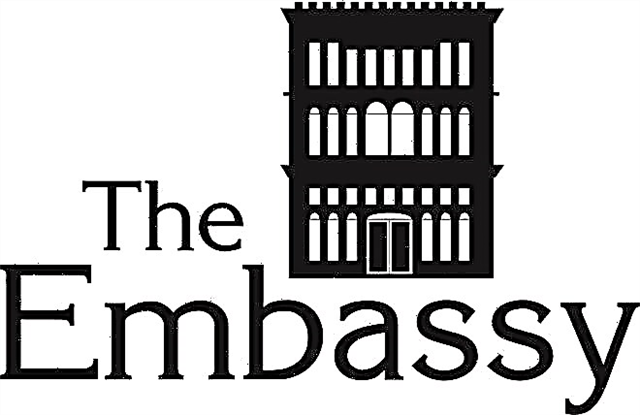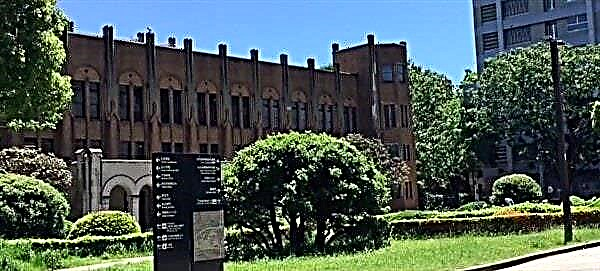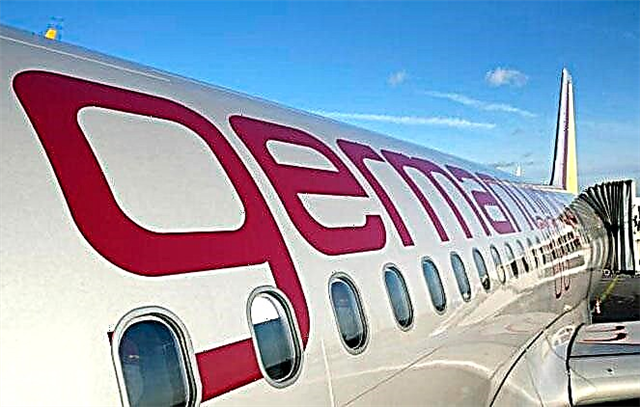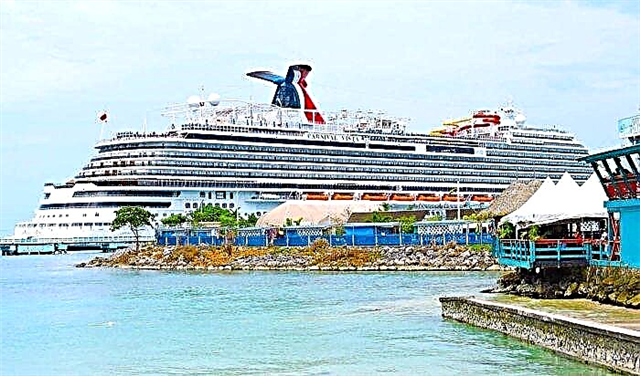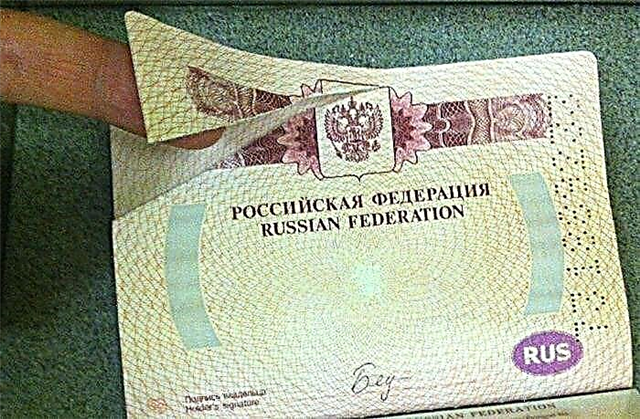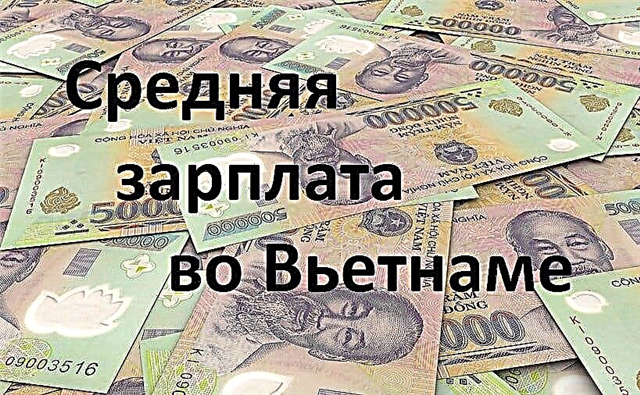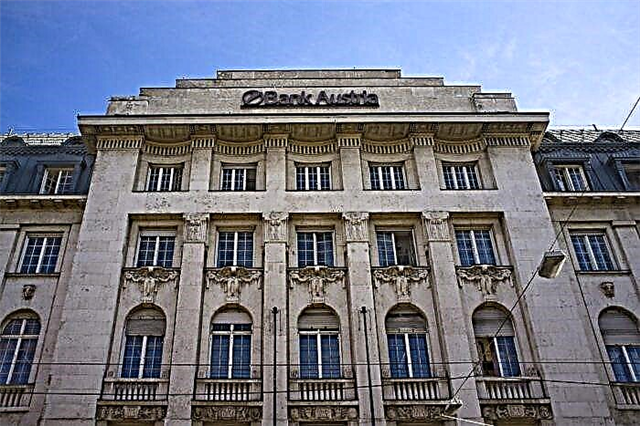Many Russian citizens who are thinking about where to invest their money have recently become popular with Austrian banks, while financial institutions in Switzerland and Cyprus are fading into the background. The good reputation of Austrian banks helps to strengthen their positions in the world market, but servicing accounts in Swiss monetary institutions for most Russians is simply unaffordable. And the closure of the Cooperative Bank of Cyprus in August 2021 undermined confidence in the island nation's financial system.

Features of the banking system in Austria
The formation of the Austrian banking system began in the 19th century. And the creation of a solid foundation for the financial activities of the banks themselves was carried out throughout its two-century history.
All monetary organizations of the Republic of Austria are strictly controlled not only by the National Bank of Austria, but also by the Federal Banking Commission. This government agency promptly responds to unjustified or non-standard actions related to the opening of accounts.
For criminals, Austrian banks are unattractive, since they are very reluctant to immediately close the current account.
But there are also examples of the opposite nature. Thus, through the accounts of Meinl Bank, funds were withdrawn from Terra Bank, CityCommerce, Delta Bank and other problem banking organizations. The Austrian bank has been trying to refute the incriminated facts since mid-2021, but failed to prove its innocence.
Russian banks in Austria are represented by the following monetary institutions:
- VTB;
- DenizBank. Interestingly, this bank is considered more attractive for depositors compared to many other Austrian financial institutions. Its services are used by more than 175,000 clients in the country, while deposits of up to 100,000 euros are covered by insurance.
- Sberbank. Its subsidiary Sberbank Europe AG operates in Austria (the official website is sberbank.at). Previously, it was Volksbank International, but in February 2021 it was bought by Sberbank for 505 million euros. With this deal, the leader of the domestic financial market confirmed its intention to expand its branch network in Europe. Currently, Sberbank Europe AG operates in 8 European countries, mainly in the countries of the former socialist camp. So those who are looking for Sberbank branches in Austria can contact the offices of Sberbank Europe AG.
- Donau-Bank. Its founders are the Central Bank of the Russian Federation and the Russian Vnesheconombank.
Banking secrecy
When opening an account, the financial organization will register the name, passport details and citizenship of the client. All of this information is secret and protected by Austrian banking secrecy laws, which allows foreign investors to conduct business in a confidential and secret manner. The combination of these factors makes this country attractive to wealthy citizens of other states.
Continuing the conversation about the legislation that regulates the banking system of Austria, we note: according to its provisions, the interests of the client are priority.
An employee of a financial institution who has allowed the disclosure of bank secrets will be severely punished: he may lose not only money (360 rates of average earnings per day), but also be imprisoned for a year.
The transfer of information about the deposit to a third party is allowed only by:
- the request of the court during the investigation of a criminal case;
- a written application from a bank client.
It should be noted that evasion from timely payment of taxes is not included in the current list of grounds for disclosing information about the movement on the current account. Unlike monetary institutions in other countries of the world, Austrian financial institutions consider strengthening the requirements for bank secrecy as one of the priorities of their activities.
Contributor groups
 The banks of the Austrian Republic, in order to maximize the protection of deposits, subdivide customers into two categories:
The banks of the Austrian Republic, in order to maximize the protection of deposits, subdivide customers into two categories:
- Austrian citizens and residents who are able to document this status. The law restricts their financial interests strictly on the territory of the country.
- Guests of Austria planning to return to their country of permanent residence soon. Thus, this group automatically includes all foreigners who arrived in the Republic of Austria on a tourist visa for a period of up to 3 months.
You also need to know this: financial protection of clients by Austrian banks provides for compulsory insurance of their deposits. This rule applies to all deposits of both groups of depositors. That is, it does not matter who deposited the money in the bank account - a resident or a guest of Austria.
Rating of banking institutions in Austria
The largest banks in Austria are highly rated. At the same time, the Central Bank of the country bears responsibility for the financial condition of the state.
All banking institutions offer clients a standard set of services that allow them to effectively manage their own funds, relatively expensive account maintenance and a very small percentage of deposits - within 2-3%.
The credit rating of Austrian banks for the IV quarter of 2021 looked like this:
- Bank Austria Creditanstalt,
- Erste Bank der Oesterreichischen Sparkassen AG,
- Raiffeisen Zentral Bank Osterreich AG,
- Österreichische Volksbanken AG,
- Raiffeisen International,
- Bawag P.S.K.
How to open a bank account in Austria for a non-resident
A non-resident can open an account with such financial institutions:
- Euram Bank AG (European American Investment Bank AG),
- Erste Bank Osterreich AG,
- Hypo Vorarlberg Bank AG,
- Kathrein Privatbank.
After choosing a bank, a future client needs to visit his branch in person. The second option is to arrange a meeting on a neutral territory (in some public institution or just in a city park) with a representative of a financial organization.
It is also possible to open a bank account in Austria through your representative, that is, remotely. What papers need to be submitted to a non-resident to carry out this operation will be discussed below, but now we will clarify one important point.
A foreigner residing in Austria will need a document confirming local registration - Meidezettel to open an account.
To obtain it, you must visit Meldeamt, the state department for foreigners, within 3 days after arriving in the country, where you must provide an up-to-date passport and a registration form filled in and signed by the lessor.
Package of documents
 To open an account with an Austrian bank, a non-resident needs to submit:
To open an account with an Austrian bank, a non-resident needs to submit:
- statement;
- a notarized copy of a foreign passport;
- the aforementioned Meidezettel.
A foreigner wishing to open an account in one of the banks of the Austrian Republic must also provide information regarding the source of the money and describe the type of activity.
A package of documents looks different when it comes to a company. In this case, the following are submitted:
- personal data of the account manager or beneficiary;
- papers confirming the registration address of the person specified in the previous paragraph;
- description of the type of business (in free form).
Banks of the Austrian Republic open an account for non-residents / foreign companies within 3 weeks.
Getting loans
To take out a loan in Austria, a Russian citizen must prove his solvency. Banks of this country issue consumer loans to our compatriots if they meet the following requirements:
- permanently reside in the territory of the Republic of Austria and are tax residents of the country;
- have a residence permit in Austria;
- work in the country on the basis of an employment contract.
The advantage will be the presence of a deposit in one of the Austrian banks.
Consumer lending rates for foreigners range from 7 to 10% per annum. To repay the loan body and interest via the Internet, you must order a bank card.
And Russians who are engaged in entrepreneurship can take out a business loan and use it to develop their business in Austria. A positive attitude towards borrowers of this category is due to the fact that due to their activities, new jobs are created, and thereby contributes to the development of the country's economy.
There are no upper limits on the amount of business lending, but usually around € 1 million is provided.
Features of mortgages for foreigners
Austrian law stipulates that the following people can own real estate in the country:
- citizens of Austria;
- non-residents with a current residence permit;
- EU citizens residing in this country.
As for the mortgage, for its registration a foreigner must have income in one of the EU countries. In some cases, a long-term home loan can be issued against the security of real estate located in the EU.
The term of the mortgage agreement is 10-20 years, the maximum interest rate is 2-3% per annum.
You can buy an apartment or house in Austria using funds received from a bank in the Russian Federation or another CIS country. But here the scheme becomes more complicated and looks like this:
- A current account is opened in a European bank. If this financial institution is located in Austria, there simply will not be an extra link in the transaction chain.
- The funds of a mortgage loan issued in a domestic financial institution are transferred to an open account.
- At the final stage of the transaction, the required amount is transferred from a European bank to an Austrian one.
With this scheme of the transaction, doubts about the legality of the origin of funds will not arise.
To draw up a long-term housing loan agreement in Austria, a foreigner must submit to the bank:
- Valid international passport.
- Purchase and sale agreement signed by both parties to the transaction.
- Employees submit a salary certificate to the bank. Company owners - securities confirming the company's income;
- Other proof of solvency. This can be a statement from the bank about the availability of savings or confirmation of the sale of expensive housing.
All documentation must be translated into German and notarized.
Foreigners who value their time should know that financial advisors, brokers and realtors offer their services in Austria. But for their work, you will have to pay about 2% of the total amount of the mortgage loan.
Organization of money transfers
 Money transfers to / from the Republic of Austria from / to Russia can be performed using a bank. For the procedure to be implemented, the sender and the recipient must have open accounts in the same currency.
Money transfers to / from the Republic of Austria from / to Russia can be performed using a bank. For the procedure to be implemented, the sender and the recipient must have open accounts in the same currency.
The advantage of such a solution to the issue of transferring money is a lower commission fee than payment systems. The disadvantage is the low speed of the transaction (up to 7 days).
The most popular payment systems in Austria are described below.
- Western Union. A feature of the system is that the transfer is carried out without the recipient having a bank account, and the money will come within a few minutes after the transaction has been assigned an identification number. Currently, the following tariffs are in effect:
- for translation in rubles:
- 250 ₽ - for an amount from 100 to 2500 ₽;
- RUB 2,528 - if the transfer is from RUB 50,001 to RUB 60,000;
- if the volume of the transfer exceeds 60,000 rubles, the size of the commission in each next interval of 15,000 rubles increases by 500 rubles.
- transfer in US dollars:
- $ 3 is charged for transfers from $ 3 to $ 200;
- $ 101 - commission for a transfer amount from $ 2,001 to $ 2,400;
- if the transaction amount is more than $ 2,400, in each next interval $ 600, $ 20 is added to the commission.
- for translation in rubles:
- SWIFT system. Allows you to transfer funds to accounts in foreign banks. Each financial institution participating in the system sets prices independently. For example, Sberbank has the following tariffs:
- a transfer in rubles will cost 2% of the amount, but the minimum is 50 rubles, and the maximum is 1,500;
- transfer of foreign currency costs 1% of the amount, while the minimum is $ 15, and the maximum is $ 200.
Conclusion
The core of the activities of monetary institutions in the Republic of Austria is the generally accepted principles of banking: from providing customers with high-quality customer service to actively participating in combating money laundering.
At the same time, strict adherence to the requirements for non-disclosure of banking secrets allows international investors to conduct their business in confidentiality.

